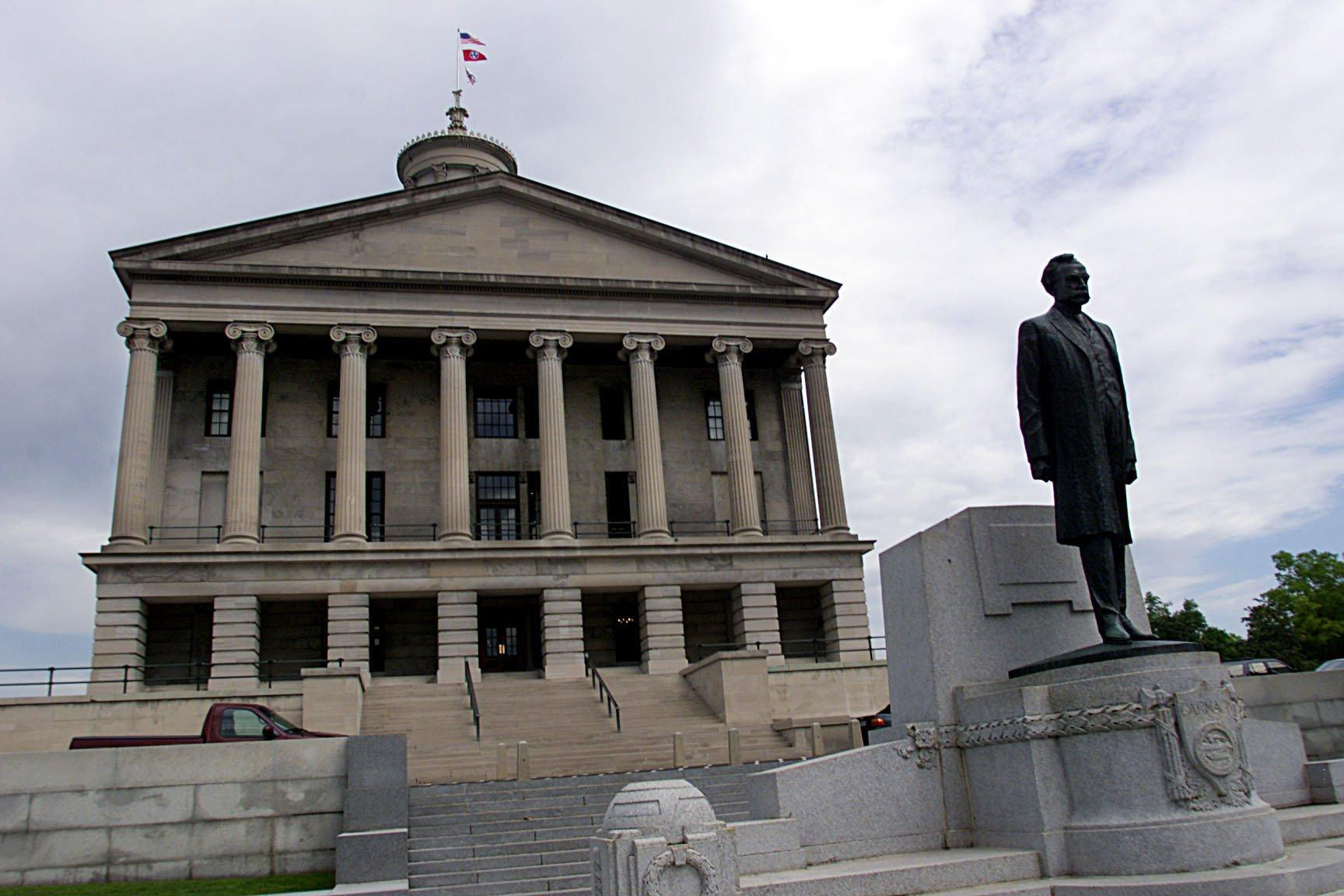NASHVILLE - Republican Rep. Mike Carter has cities roiled yet again over annexation, this time with a bill that requires municipalities seeking to take in new territory first to put the issue up to voters who are being annexed.
The House Local Government Committee approved the Ooltewah lawmaker's legislation on a voice vote Tuesday, despite opposition from the Tennessee Municipal League and legislative colleagues from urban areas like Memphis.
Carter's bill now goes to the House Finance Committee. It is the second of his bills dealing with annexation issues.
Currently, Tennessee cities can annex areas lying within their 20-year urban growth boundary plans through ordinance. Carter said his understanding is only two other states in the country do that.
A former top-ranking Hamilton County mayoral aide, Carter said his latest bill wouldn't affect "consensual takings" involving property owners, such as businessmen, voluntarily seeking to come into cities for services. But in areas involving more than one owner, that would require support 51 percent of those affected, he said, just as an actual referendum vote would.
Chad Jenkins, deputy director of the Tennessee Municipal League, said the 2000 state law requiring 20-year urban growth plans was intended to stop haphazard, "very aggressive" annexation, curb lawsuits and control urban sprawl.
Carter's bill, he said, dramatically changes that.
In other action Tuesday:
Gov. Bill Haslam's education voucher bill passed the House Education Committee on a 9-4 vote. Haslam's bill would allow low-income students in the state's bottom 5 percent of schools to use taxpayer dollars to attend private schools.
Haslam's bill is carrying a new amendment that provides the students with free or reduced-price lunches at the private schools, just as they do at public schools.
The bill now goes on to the House Government Operations Committee.
Last week, Rep. Gary Odom, D-Nashville, said he is seeking a legal opinion from the state attorney general's office on whether the Tennessee Constitution allows the use of taxpayer-funded vouchers to send students to private schools.
Odom is questioning whether the state Constitution's Article XI, Section 12, which deals with public education, permits Haslam's voucher or "opportunity scholarship" legislation.
The section says the General Assembly "shall provide for the maintenance, support and eligibility standards of a system of free public schools." It says nothing about private schools, Odom said.

